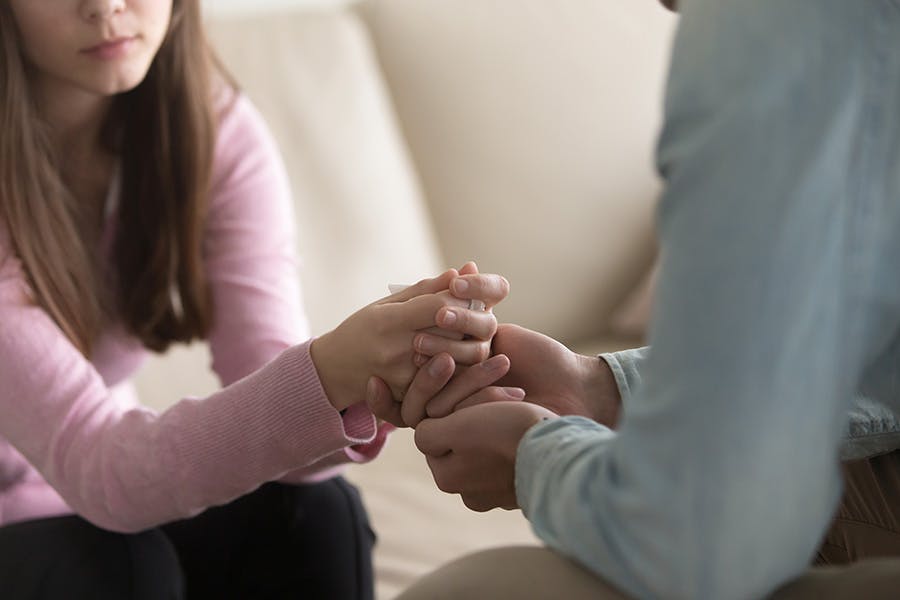Changes in Relationships

The death of a partner or child – and for your child their parent or sibling – changes your family structure and relationships. Grief also affects your sense of identity and your roles in your family and society. It’s not uncommon for family relationships and friendships to change.
Change can be challenging, and sometimes cause conflict, but change also can enable relationships to grow and develop.
Remember that each family member is grieving and that is going to put a strain on your interactions. Everyone grieves in different ways and this can cause conflict. Open communication is key. It’s easier to navigate changing relationships and roles if you can talk about how your loss is affecting each person and how you can support each other.
Each family member’s relationship with the person who has died cannot be replaced, nor should it be. Young people in particular can get angry or upset if they feel someone is trying to replace or lessen their connection to their parent or sibling who has died.
Instead think about how your/your child’s relationship with the person who has died can continue. These ‘ongoing bonds’ can take many different forms. You might write letters or send texts to your loved one. Some people choose to get a tattoo, wear specific jewellery or even follow a particular career path to continue feeling connected to the loved one they have lost.
Other relationships and friendships may change too. It’s possible you (and/or your child) may lose some friendships along the way. You may feel you’ve changed, that some friends don’t understand or that you can’t talk to them about your feelings.
Having supportive people in your life is important when you are grieving. You may find it rewarding to connect with other parents here in the community who have experienced the loss of a partner or child, who can understand what you’re going through and share their learnings.
